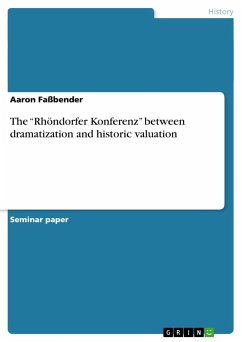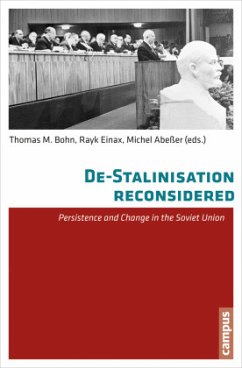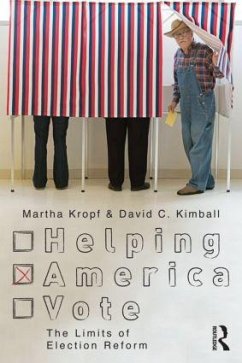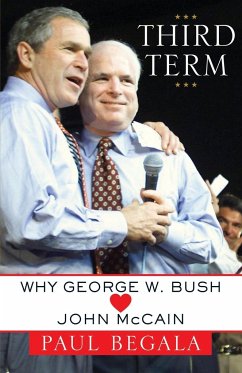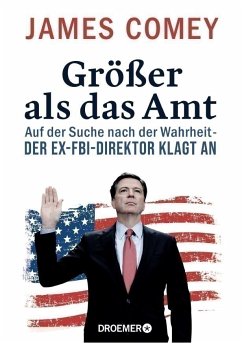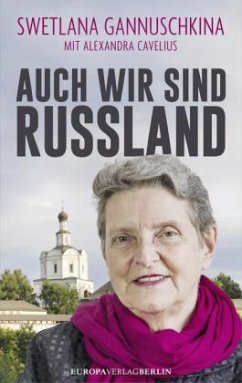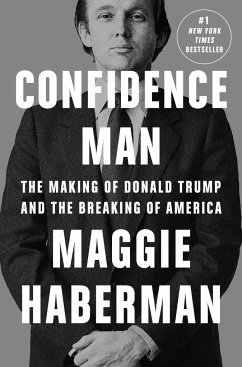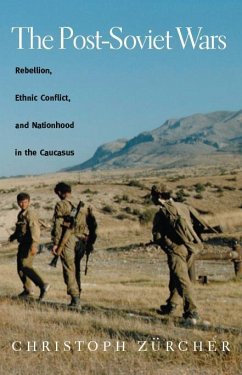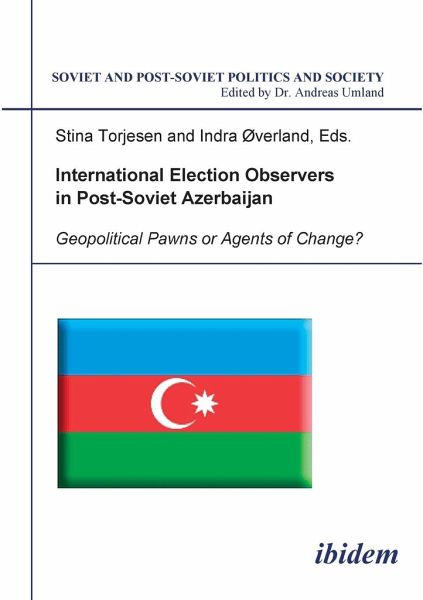
International Election Observers in Post-Soviet Azerbaijan. Geopolitical Pawns or Agents of Change?
Versandkostenfrei!
Versandfertig in 6-10 Tagen
29,90 €
inkl. MwSt.

PAYBACK Punkte
0 °P sammeln!
Azerbaijan's parliamentary elections in November 2005 became an arena where domestic and international actors jostled for influence and control. This book highlights the role of international observers in the election process, and presents in-depth assessments of the pre- and post-election situation in Azerbaijan. The 2005 parliamentary elections are of special interest for several reasons. First, oil-rich Azerbaijan offers interesting insights on the relationship between energy wealth and democratisation. Second, the elections in Azerbaijan received considerable international attention. They were seen as a test case of whether the wave of regime change that had affected Georgia, Ukraine and Kyrgyzstan would spread to other countries in the region. Third, for the first time, a large number of Russian observers served within the Office for Democratic Institution and Human Rights (ODIHR) election observation mission. Finally, the case of Azerbaijan also highlights the methodological and technical aspects of election observation. Among other things, there was extensive - and arguably problematic - use of exit polls. Contents: Leila Alieva on the 2005 international observation mission - Ulvi Amirbekov on the institutional framework - Zafar Guliev on democratic expectations versus the reality of imitation - Zardusht Alizade on the elections as a mirror of Azeri politics and society - Rustam Seyidov on the post-election situation - Torgrul Juvarly and Ali Abasov on economic implications of the elections.





